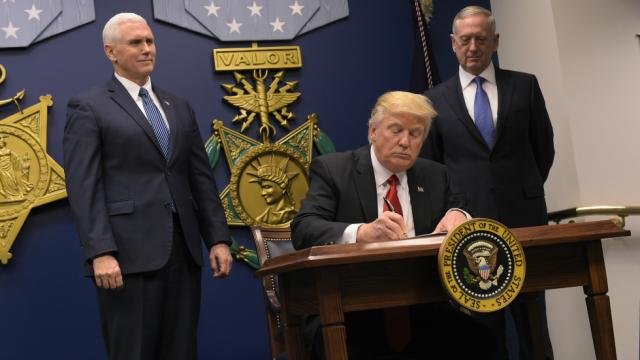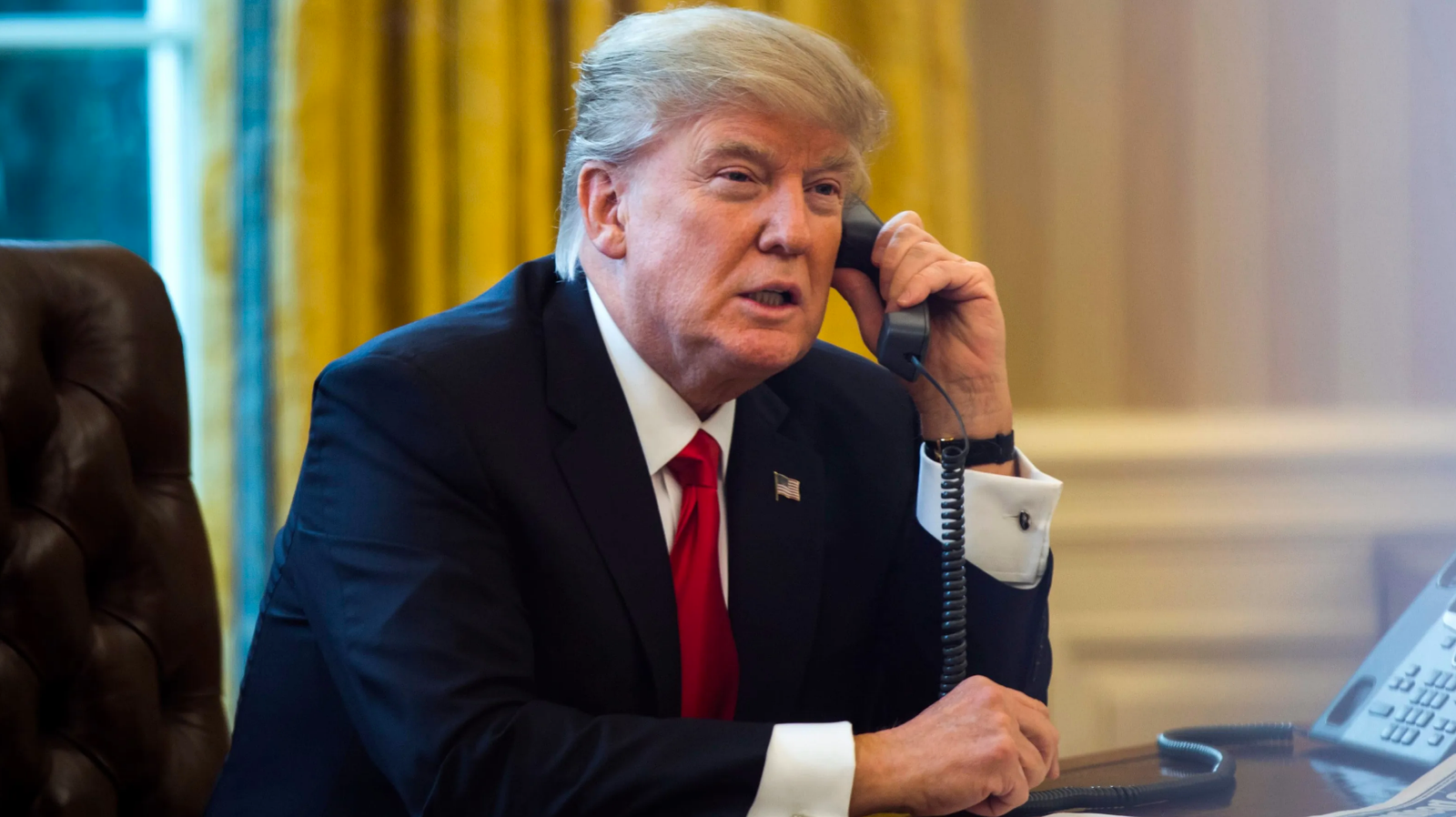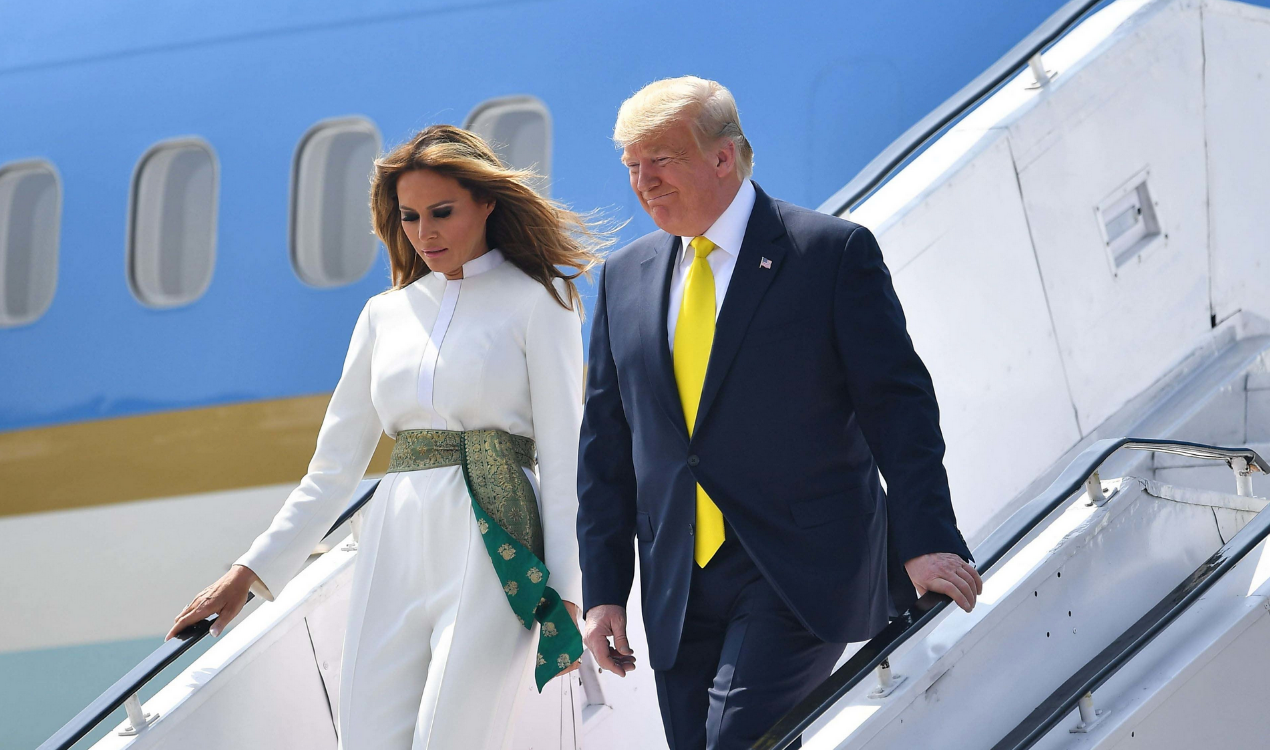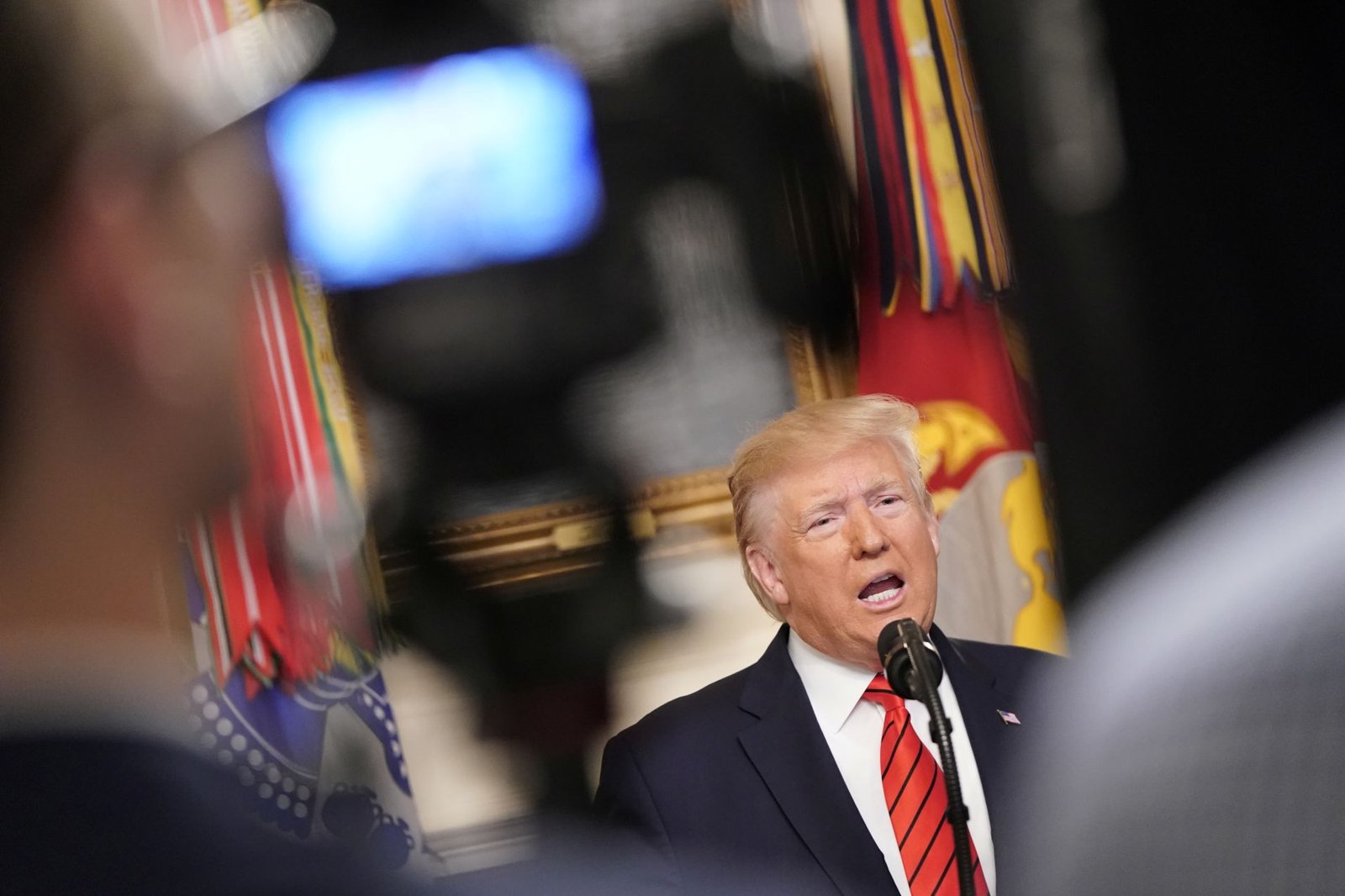The Supreme Court agreed late Tuesday to lift restrictions on President Trump’s travel ban until further notice, allowing the administration to continue barring most refugees under the ban.
The court granted the government’s request to block a federal appeals court ruling that said the administration cannot ban refugees who have formal assurances from resettlement agencies or are in the U.S. Refugee Admissions Program.
Justice Anthony Kennedy issued a temporary stay on Monday pending a response from the state of Hawaii, which was due by noon on Tuesday. Late in the day, the court issued a one-page order blocking the decision indefinitely.
It takes a vote of five justices to grant a stay application.
The state of Hawaii is suing the Trump administration over the travel ban, which bars citizens from six majority-Muslim countries from entering the U.S. and temporarily halts the country’s refugee resettlement program. Hawaii urged the court to uphold the 9th Circuit Court of Appeals ruling and continue to allow refugees into the U.S.
“Refugees with formal assurances are the category of foreign nationals least likely to implicate the national security rationales the Government has pointed to in the past,” the state’s attorney Neal Katyal argued in court documents.
“By the Government’s own admission, these refugees have already been approved by the Department of Homeland Security. It is therefore exceedingly unlikely that they represent a security threat.”
Two federal appeals courts blocked key parts of the ban earlier this year, and the Supreme Court said in June that it would hear appeals from those decisions. At that time, the court also allowed the government to enforce the ban for people without a “bonafide” relationship with a person in the U.S.
But what relationships were considered bonafide became the subject of intense debate. The Trump administration allowed only some relatives of U.S. residents to enter the U.S., while excluding others, such as grandparents, aunts and uncles.
In its opinion last week, the 9th Circuit blocked the government from denying entry to grandparents, aunts, uncles and other extended family members of a person in the U.S., but Acting Solicitor General Jeffrey Wall said the administration had decided not to fight the “close-family aspect of the district court’s modified injunction.”
Wall said in his request to the court that that part of the ruling was “less stark” than the nullification of the order’s refugee provision.








